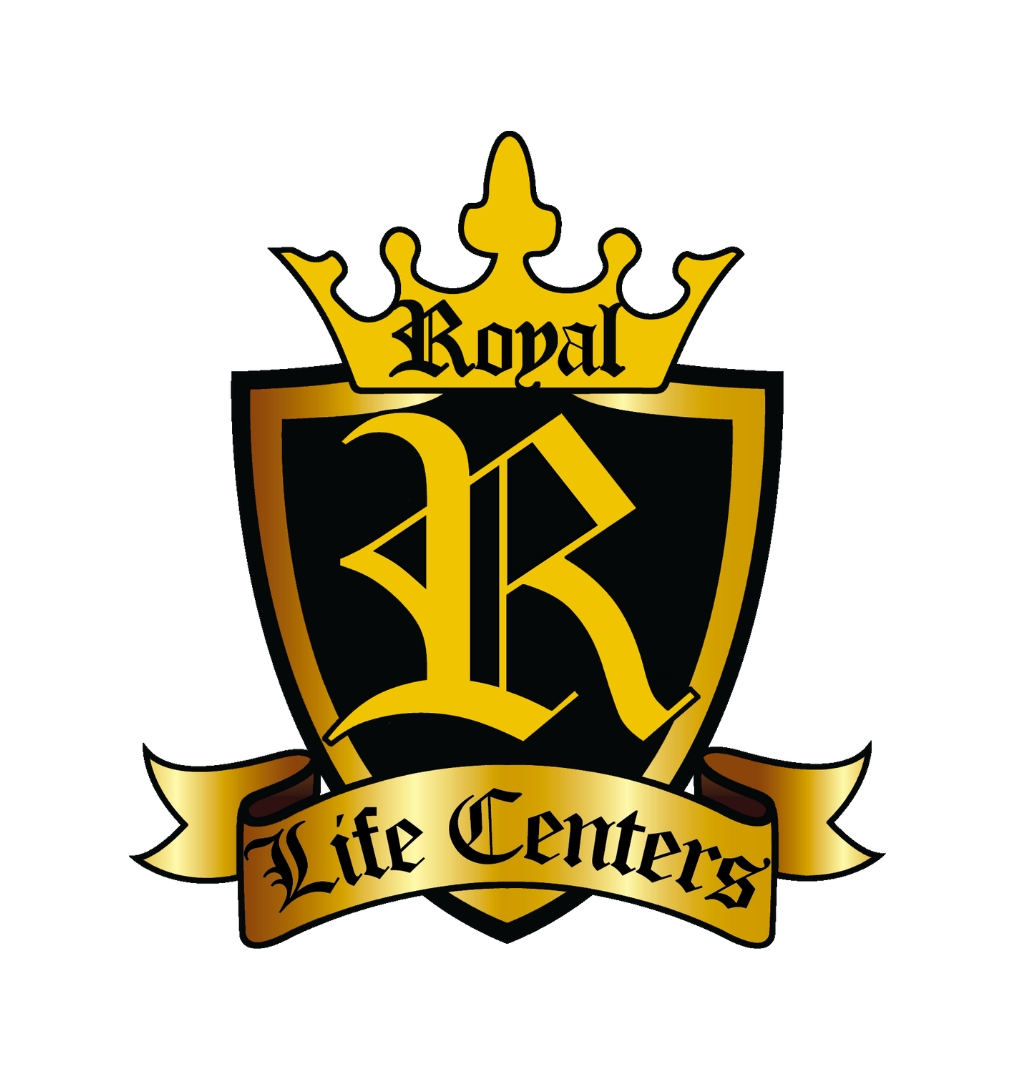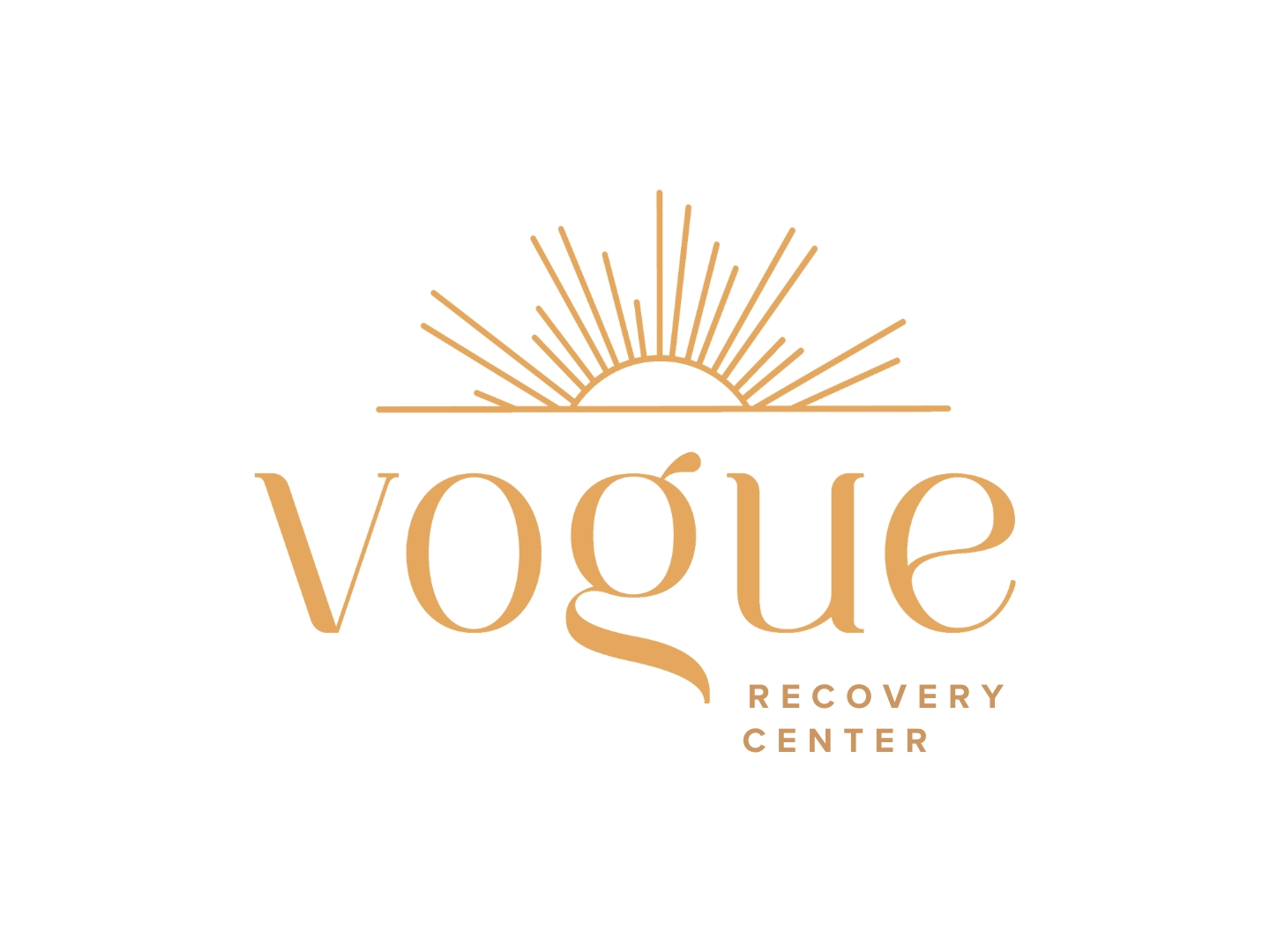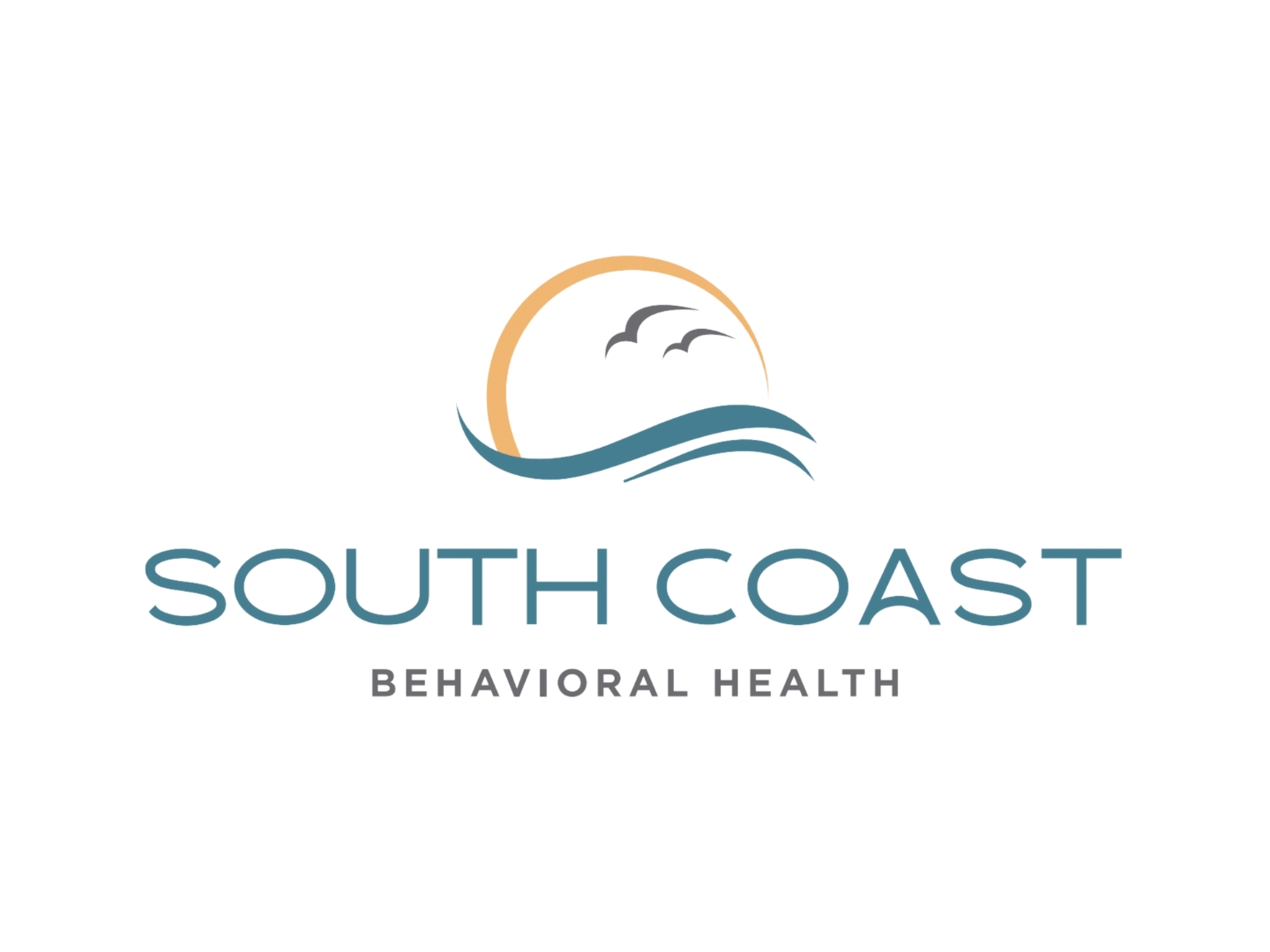Music Therapy
Music can be incredibly healing, especially when used in a therapeutic setting. At Aliya Health Group, we work with an expansive network of treatment centers nationwide. We offer a variety of services in their approach to treatment.
One of these services is music therapy. This form of treatment allows our clients to incorporate holistic healing into their recovery. Music therapy is a great option for those struggling with substance abuse and mental health issues. If you are interested in this treatment option, we are here to help.
What Is Music Therapy?
According to the American Music Therapy Association, music therapy is a kind of therapy that uses music to improve a person’s health. It is an effective treatment for both addiction and mental health conditions. A music therapist, who is a healthcare professional, will design a plan to use music to meet your specific needs. This can involve listening to music, creating music, singing, or even just moving to music.
Ultimately, music therapy can look however you want it to look depending on your music interests and recovery goals. You can speak with your therapist to determine an approach that is right for you and your needs. If you are struggling with addiction or mental health conditions, music therapy in rehab can be a safe and effective part of your individual recovery plan. Music therapy, with its focus on creativity, serves as an important tool in substance abuse recovery. Whether through active participation or listening, therapy with music offers individuals a unique channel for self-discovery, emotional healing, and personal growth. Through addressing the psychological and neurological aspects of substance abuse, music therapy contributes to a comprehensive and holistic recovery process.
Talk to an Admissions Representative | Free, No Obligation, 100% Confidential
How Soon Can I Get Help?
No one should have to wait to heal, which is why our specialists are available 24/7 to help guide you through the admissions process every step of the way.
How Does Music Therapy Work?
Music therapy harnesses the power of music to achieve various therapeutic goals. A certified music therapist tailors sessions to address your specific needs. You also don’t necessarily need musical experience to benefit from it.
A typical music therapy session will typically include the following:
Music Therapy Activities: Music therapists incorporate various activities in their sessions. You might sing along, play instruments, create your own music, move to the music, or simply listen attentively.
Targeted Responses: The therapist analyzes your responses to music, both verbal and nonverbal. This helps them understand your emotional state and tailor the session accordingly.
Impact on Different Aspects: Music therapy influences various aspects of well-being. It can promote relaxation, improve communication skills, or even address physical rehabilitation needs.
Assessment
Assessment in music therapy is the crucial first step in the treatment process. It involves gathering information about the client. This might include your medical history, emotional and mental well-being, social functioning, and musical background. This information helps the music therapist develop a treatment plan that addresses your specific needs and goals.
Goal-Setting
Goal setting is a crucial aspect of music therapy, providing direction and focus for the therapist and client. These goals are designed to be achieved through musical experiences and interventions.
Overall, goal setting in music therapy is a collaborative process. It ensures the sessions are tailored to address your specific needs. This helps you and your therapist maximize the potential for positive therapeutic outcomes.
What Are the Goals of Music Therapy?
Music therapy aims to achieve a wide range of goals through the use of music and its elements. Some of the most common goals that music therapists target include:
- Improve emotional well-being
- Enhance communication skills
- Develop social skills
- Promote physical rehabilitation
Music therapy is a versatile tool that can be adapted to address the specific needs of each individual client. Your therapists will work together to determine which of these goals is best suited to your recovery journey.
Looking for Recovery Services?
If you or a loved one is struggling with addiction or mental health issues, our admissions team is available 24/7. Our compassionate and understanding team can help answer your mental health treatment questions and get you started on the path to recovery.
Deciding to seek treatment can be intimidating. We are here to make this process as easy as possible. Reach out to us today to learn more about how our treatment centers can help!
- How we can help
- Programs and locations
- Payment options
What to Expect in Music Therapy
Music therapy is a supportive therapy that uses music to help people achieve specific goals. Unlike just listening to music on your own, a music therapist will design sessions to target your needs and work towards improvements in your mental or physical health.
While music therapy can look different for each person who participates in it, there are a few things you can generally expect:
Initial Assessment: The therapist will first talk to you about your background. This might include any conditions you are dealing with and what you hope to achieve through music therapy.
Tailored Sessions: There is no one-size-fits-all approach to music therapy. The therapist will design sessions based on your needs and goals. This could involve listening to music, playing instruments, singing, movement, songwriting, and more.
Even if you have no musical experience, you can benefit from music therapy. The focus is on using music to achieve goals like improving communication, managing stress, or enhancing memory. You may choose to partake in individual or group sessions, depending on your personal preferences and needs.
What Does Music Therapy Help With?
Music therapy is an incredibly versatile form of therapy. It can be adjusted to meet the needs of anyone and may be delivered in a professional or personal setting. Because of this versatility, it can be used to treat a wide range of conditions, including:
- Mental Health Disorders
- Substance Use Disorders
- Cognitive Issues
- Physical Health Conditions
Music Therapy for Substance Abuse
Music therapy is a growing field of therapy. It has been shown to be effective in helping people with a variety of conditions, including substance abuse. Music therapy can be used in both individual and group settings, and it can be tailored to meet the specific needs of each client.
There are a number of ways that music therapy can be helpful for people in recovery. Music can help to:
- Improved communication and self-awareness
- Reduced symptoms of anxiety, depression, and trauma
- Improved coping skills
- Physical Health Conditions
- Increased self-esteem and empowerment
- Increased sense of accomplishment and joy
Music Therapy for Mental Health Disorders
Music therapy uses music and its healing properties to help people achieve their therapeutic goals. Because of this, music therapy can be used to treat a variety of mental health disorders, including:
- Anxiety
- Depression
- Post-traumatic stress disorder (PTSD)
- Eating disorders
- Autism spectrum disorder (ASD)
- Attention deficit hyperactivity disorder (ADHD)
Music therapy can help people with mental health disorders in a number of ways. Some of the most commonly recognized benefits of music therapy include reduced symptoms, improved mood and self-esteem, enhanced communication and social skills, and improved memory and cognitive function.
Music Therapy for Co-Occurring Disorders
Co-occurring disorders are the presence of two or more mental health or substance use disorders. They are, unfortunately, common and can make treatment more complex. Music therapy can be a helpful tool in the treatment of co-occurring disorders because it can address a variety of symptoms.
There are many benefits to using music therapy exercises for co-occurring disorders, including:
- Reduced Stress and Anxiety
- Improved Mood
- Increased relaxation
- Improved communication and social skills
- Increased self-esteem
- Improved ability to cope with trauma
- Reduced cravings for substances
- Improved motivation for treatment
Are you ready to leave drugs & alcohol in your past? Reach out today through live chat, email, or phone.
What Are the Benefits of Music Therapy?
Music therapy has been shown to offer a wide range of benefits for people of all ages and conditions. There are many benefits that can come from participating in music therapy, including:
- Reduced Stress and Anxiety
- Improved Mood and Emotional Wellbeing
- Enhanced Cognitive Function
- Pain Management
- Improved Communication and Social Skills
Music therapy can be beneficial for people of all ages and backgrounds. It can be used to address a wide range of mental health conditions, as well as physical health challenges. When used as part of a comprehensive treatment approach, it can lead to long-term success in recovery.
Self-Assessment: Am I Addicted?
"*" indicates required fields
How Effective is Music Therapy?
Music therapy has been shown to be effective in a variety of areas. While research is still ongoing, studies so far have shown that music therapy can be effectively used to improve a variety of issues, including:
Mental health: Conditions like depression, anxiety, and even PTSD can benefit from music therapy. It can help regulate mood, reduce stress, and provide an outlet for emotions.
Physical health: Studies suggest music therapy can be helpful in managing pain, improving sleep quality, and even aiding rehabilitation for certain conditions.
Cognitive health: There is evidence that music therapy can improve memory, communication skills, and social interaction in people with conditions like dementia or autism.
Can Music Therapy Help Me?
Whether you are struggling with a serious addiction or mental health issue or simply want to incorporate holistic therapies like this one into your life, music therapy can help you. It can serve as a great tool for allowing you to reconnect to your mind, body, and spirit.
If you are wondering whether music therapy is a good fit for you, Aliya is here to help. Our admissions specialists can discuss your treatment options with you and determine what levels of care are best suited to your personal care needs.
Tips for Successful Music Therapy
Music therapy is a great tool in recovery in many ways. Of course, it can help to know how to make the best of each session before starting your therapy journey. Here are some tips to keep in mind that can contribute to a successful music therapy experience:
Building Rapport: A strong therapeutic relationship between you and your therapist is essential. The therapist should actively listen to your goals, musical preferences, and experiences to create a safe and trusting space for exploration and growth.
Tailored Approach: Music therapy is not one-size-fits-all. Your therapist should design sessions specifically for your needs and goals. If your approach to therapy has not been specified to meet your needs, it can help to find a new therapist.
Focus on the Person, Not Musical Skill: There’s no need for musical experience to benefit from music therapy. The focus is on using music and its elements (rhythm, melody, harmony) to achieve therapeutic aims, not on musical proficiency.
Open Communication: Throughout the process, open communication between you and your therapist is important. You should feel comfortable expressing your feelings and experiences during the sessions.
If you are ready to begin your recovery journey, reach out to us about our music therapy programs today. We can help you learn more about the music therapy techniques used in our programs and how they can help you in your healing process.
We accept health insurance
Aliya Health Group accepts most major health insurance providers on both a national and local level. Some of the health insurance providers we work include:







Check to see if your insurance is in-network at one of our rehab facilities.
Client Testimonials






Change your life with one call.
We can help.
Frequently Asked Questions
Before entering outpatient treatment for substance abuse, most people have a long list of questions and concerns. To help you gain a better understanding of what to expect during outpatient programs, we have compiled a list of our most frequently asked questions.
Yes, our rehabilitation facilities have designated smoking areas available. However, kindly note that all cigarettes brought into the facility must be in unopened packs or cartons. The same rule applies to any cigarettes sent or brought by family or friends. Our staff will be more than happy to provide you with additional details regarding these guidelines during the admission process.
Yes, in most cases, we can offer repayment options tailored to your unique circumstances. For more details regarding personal repayment options, we recommend reaching out to our admissions team. They’ll be more than happy to assist you.
We accept all major insurance plans at our treatment locations. To learn more about insurance and treatment cost, contact our admissions team or fill out our secure insurance verification form.
Yes, we provide integrative dual diagnostics alongside a wide array of treatment modalities. Our core objective revolves around tackling addiction, while simultaneously addressing the underlying factors that contribute to substance use disorders. Our mission is to deliver effective and holistic care that encompasses both symptom management and the exploration of root causes of addiction.
In terms of cost, outpatient treatment is typically more affordable than inpatient options which require round-the-clock medical supervision. This makes it a viable solution for individuals who may be deterred from seeking help due to financial constraints.









